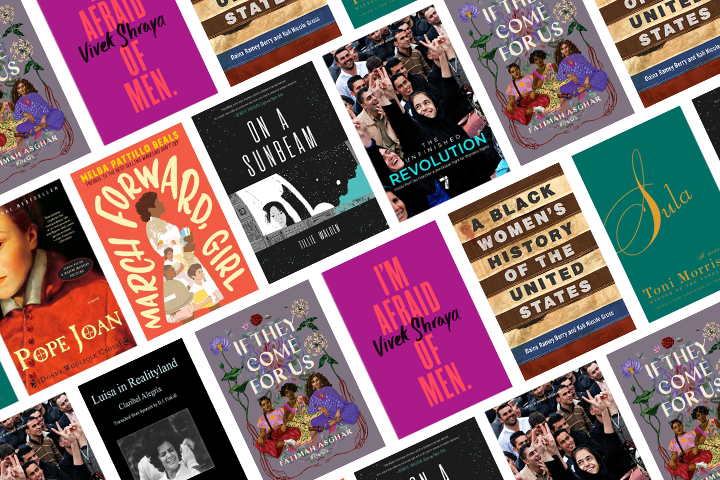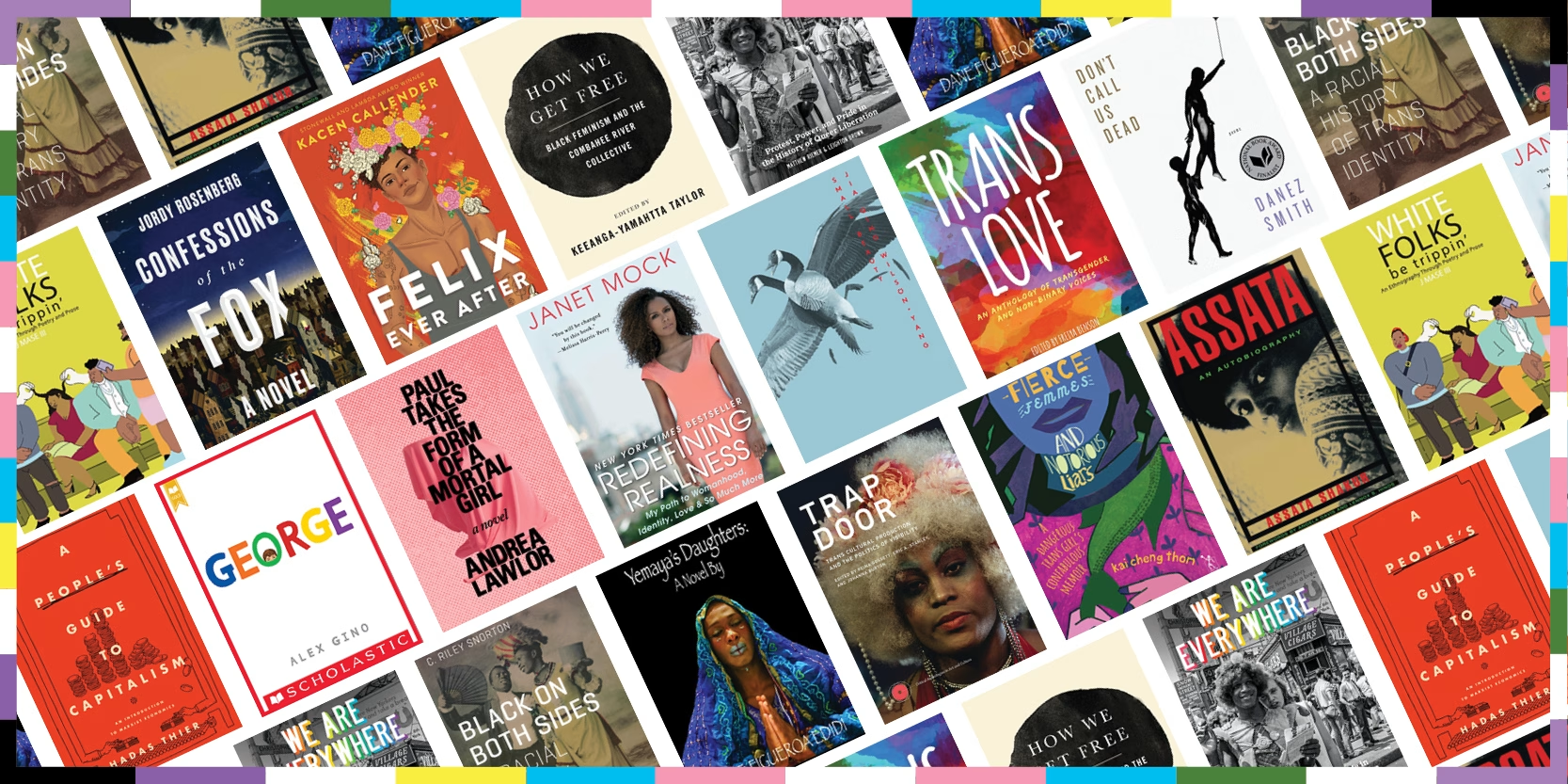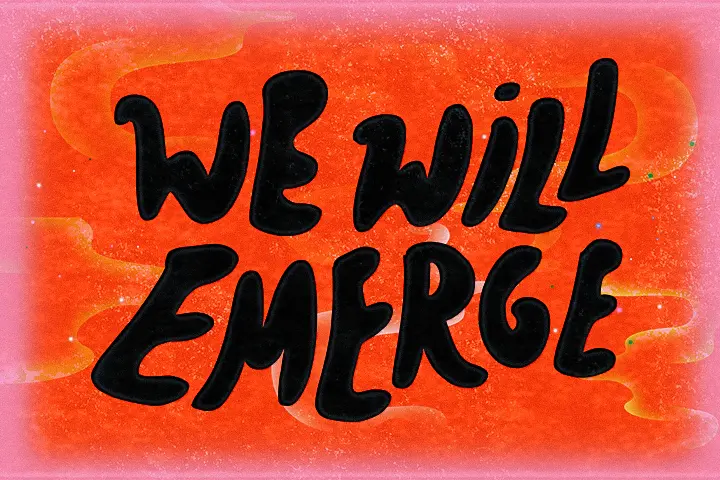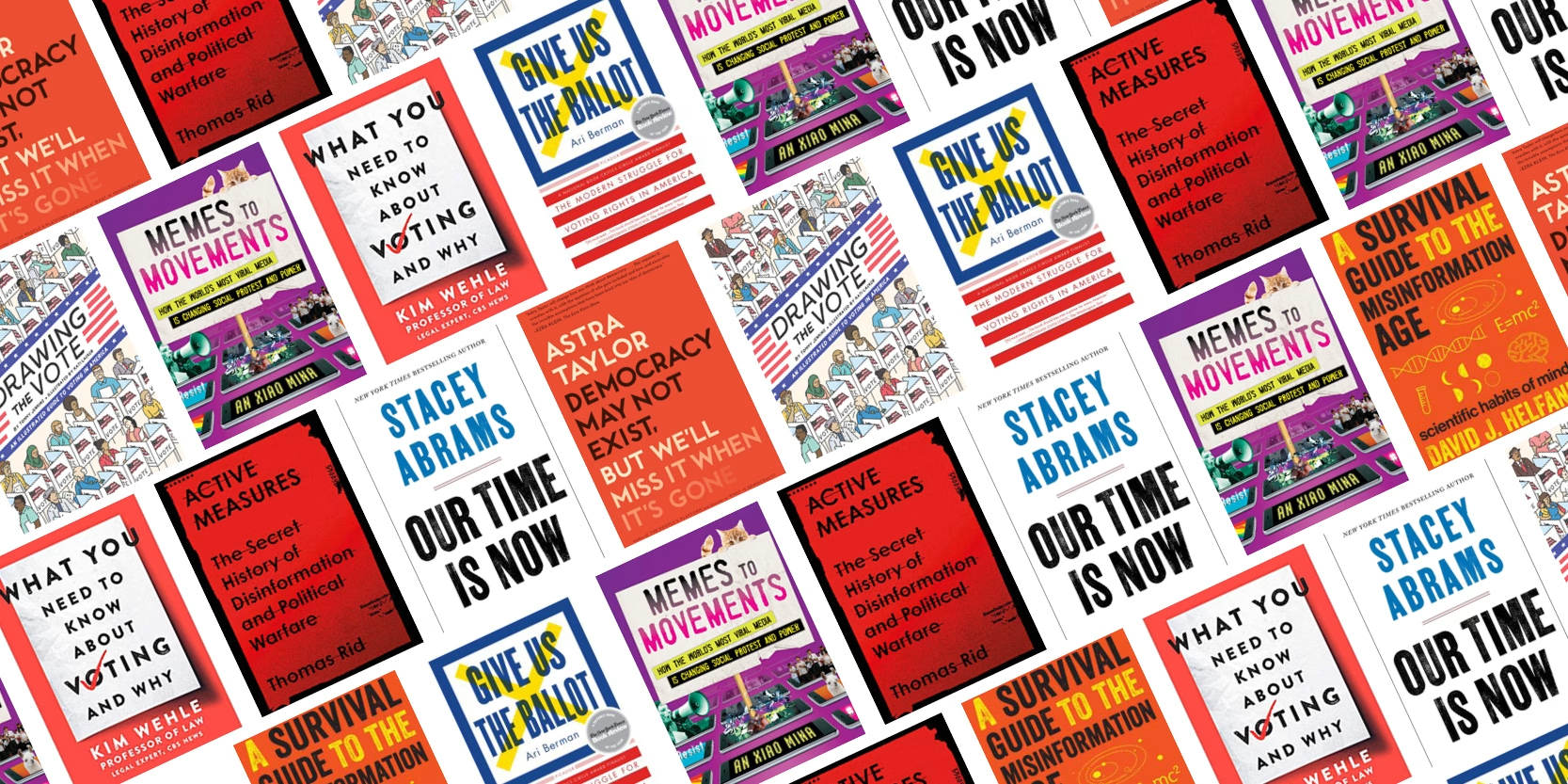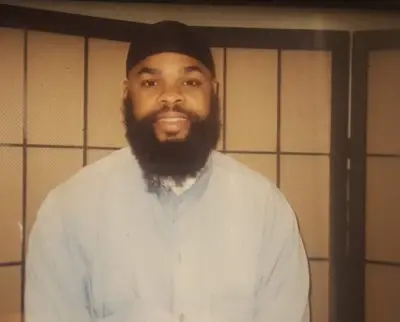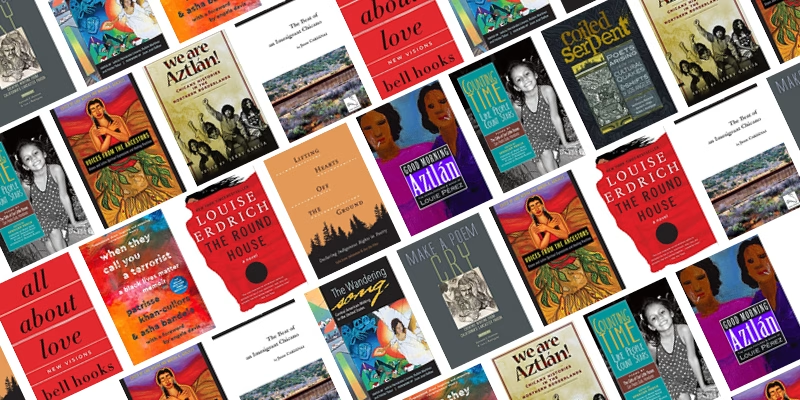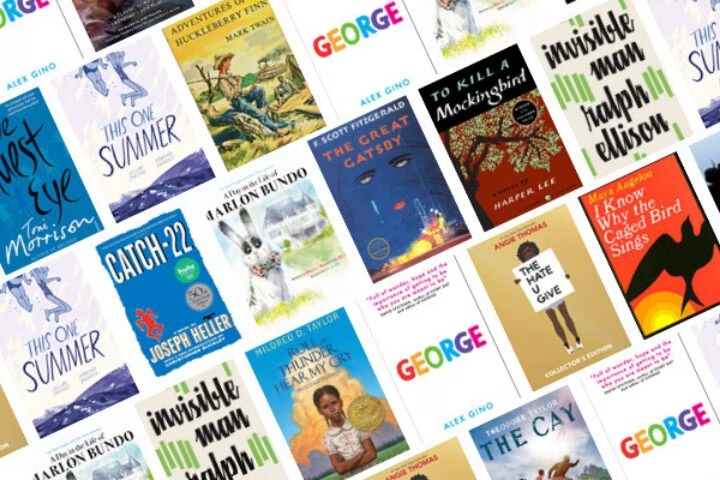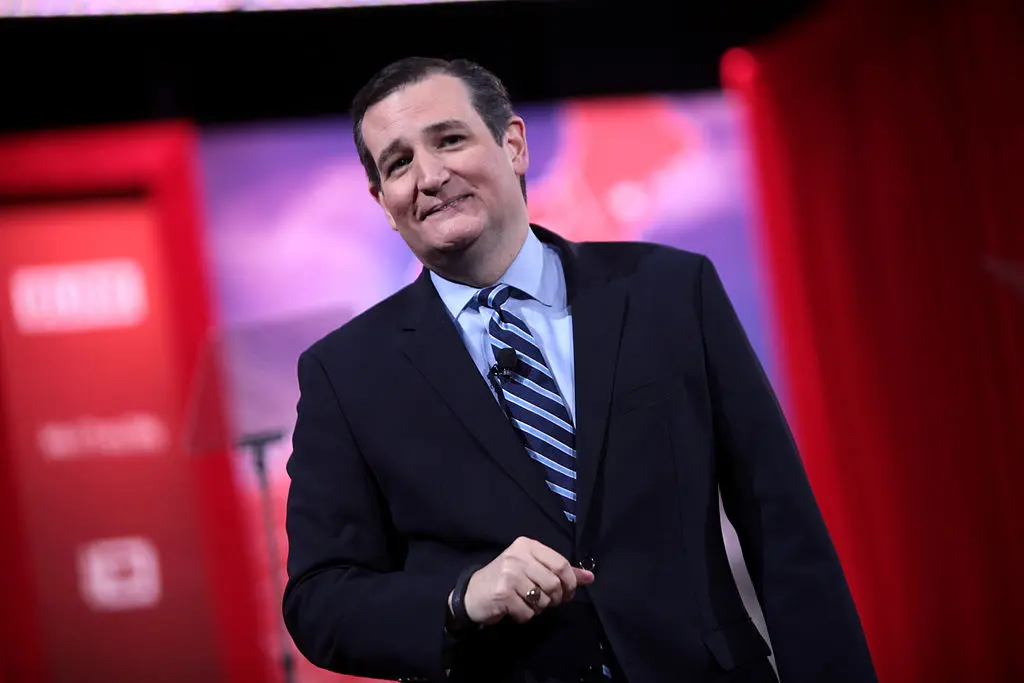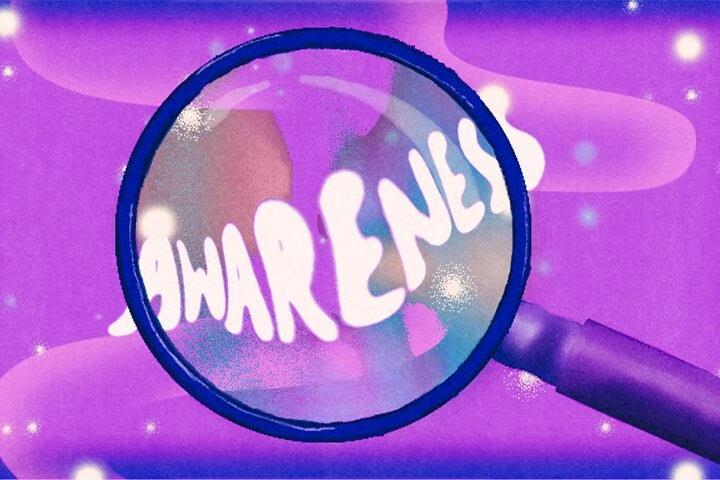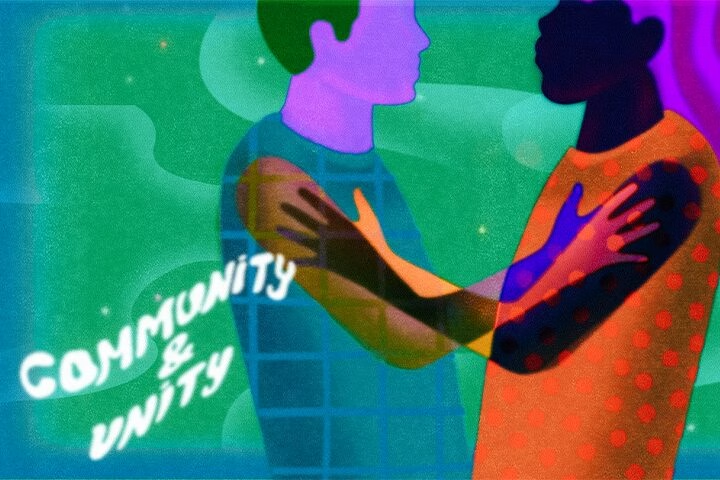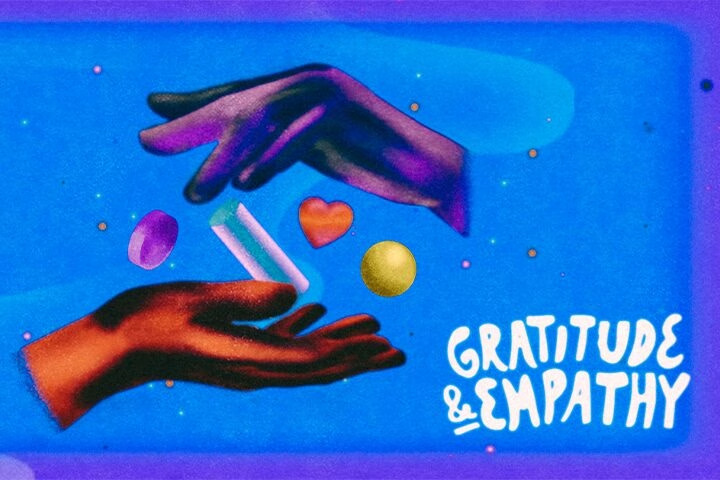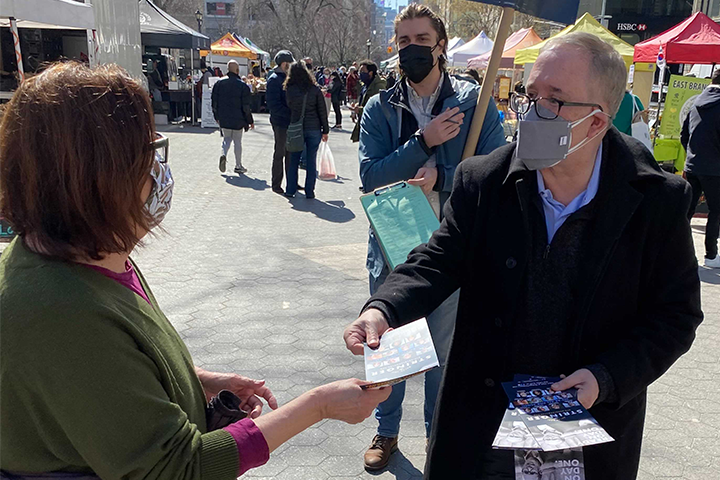
This spring, the NYC Literary Action Coalition has been meeting with mayoral candidates, asking them how they plan to support and uplift writers and the city’s storied culture of literary arts. The following is a transcript of the Coalition’s conversation with nonprofit executive, educator, and Democratic candidate for mayor Scott Stringer. The interview has been condensed and edited for clarity.
If you are a candidate and want to chat with the Literary Action Coalition, please reach out to Alejandro Heredia at [email protected].
What role do you imagine local government can play in supporting the arts, specifically the literary arts, during this pandemic?
New York City’s arts, culture, and entertainment are essential to our future. We need to aggressively focus on stabilizing and growing the industry while supporting our artist community as we continue to fight off this pandemic—that includes the literary arts.
Authors, poets, playwrights, translators, and other writers—as well as those in the publishing industry—have long called our city home. And New York’s writers, publications, and publishing companies are as iconic as the Empire State Building or the Statue of Liberty. But New York City’s publishing industry and the literary economy have experienced real challenges, as my office highlighted in a 2019 report on the state of the arts in NYC.
The COVID-19 pandemic, like with so many industries, has thrown fuel to the fire with loss of work and loss of income for artists, including people in the literary industry—many of whom are self-employed. The literary arts need our support, and local government can do much to support individual artists as well as helping the industry bridge gaps while the city rebounds and moves forward from the pandemic.
“New York City’s arts, culture, and entertainment are essential to our future. We need to aggressively focus on stabilizing and growing the industry while supporting our artist community as we continue to fight off this pandemic—that includes the literary arts.”
As mayor, I would take the following actions and more to support artists, including in the literary world:
- Explicitly designate the literary arts community in all policy-making related to moving the city’s arts and culture industries forward from the pandemic.
- Help artists in every neighborhood access affordable work and rehearsal space, including utilizing school spaces after hours, retail space in high-vacancy corridors, and religious institutions. For writers, literary artists, and others, I would direct the Department of Cultural Affairs and Spaceworks to rent 50 storefronts in high-vacancy corridors for studios, collaborative workspaces, arts education, and community events.
- Mobilize city funds to purchase tickets at cultural venues and distribute them to frontline workers, students, and others as a show of appreciation—including Broadway, museums, independent venues, and bookstore events.
- Streamline DCLA [New York City Department of Cultural Affairs] grants and expand them to cover general operating expenses to provide additional, unrestricted financial support for venues and organizations.
- Provide financial support for individual artists—not just organizations—through the DCLA. Let’s get much-needed grants to authors, poets, performers, visual artists, and other individual artists who are the heart of our cultural community.
- Use the city’s granting and contracting power to lift wages for interns and workers in the arts, as well as drive down living costs with major plans to tackle our affordability crisis—from housing, to healthcare, and beyond.
- Double down on arts education and help New York artists become certified arts teachers.
What role do you see the literary arts specifically playing in the resuscitation of New York City post-pandemic?
There will be no recovery for NYC without a vibrant arts and culture industry. Performances, gatherings, and speaking opportunities are as important to the literary arts as other creative industries, and ensuring we can safely come together to celebrate culture will be deeply important as we move forward from this pandemic. Creating the opportunity for New Yorkers to come together in joy isn’t just an economic imperative—it’s an issue of the soul of our city.
Getting New Yorkers back on the subways and buses to the highest degree, moving around their neighborhoods and around the city, creating opportunities for New Yorkers to patronize small businesses will all help pump stimulus into the pockets of working people and lift spirits. That’s particularly important for our kids, who especially need reasons to have fun at this moment. Moreover, we need to memorialize this moment in New York City history, and the literary arts can play a huge role in ensuring the lives of the 30,000+ New Yorkers lost, including sadly my own mother, are not lost.
“There will be no recovery for NYC without a vibrant arts and culture industry. Performances, gatherings, and speaking opportunities are as important to the literary arts as other creative industries, and ensuring we can safely come together to celebrate culture will be deeply important as we move forward from this pandemic. Creating the opportunity for New Yorkers to come together in joy isn’t just an economic imperative—it’s an issue of the soul of our city.”
If you are elected mayor, how will you ensure that small literary organizations will continue to be heard by the powers that be, and that wealthier organizations with highly paid lobbyists won’t be the only ones that get City Hall’s attention and major city funding?
As comptroller, my office’s analysis showed that the number of book and periodical publishers went down from 791 to 654 in the decade, and total employment—including self-employed—declined by 28 percent from over 44,000 to under 32,000. New York City nonetheless remains the national hub for the publishing industry, with nearly one in five workers in the industry.
We have to support our smaller, independent literary organizations — and I promise to do so as mayor. Let me also just say, I am very committed to breaking with how this past administration has done its business. One of my proudest achievements as a lifelong public servant was in the Assembly, when I led the effort to advance real ethics reforms in Albany, including abolishing rules that gave lobbyists special access to lawmakers.
Have you ever attended a literary event in New York City like a public reading, an open mic, an author’s evening, etc.?
I often host performers at my office’s cultural and community events. One that sticks with me in particular is the group Girl Be Heard, which has performed spoken word to my Women’s History Month celebrations in 2018 and 2019. Most recently, a young spoken word performer, Brandon Camacho—from the Mind-Builders Creative Arts Center—joined our Trailblazers event in honor of Black History Month.
Who is your favorite New York City writer, and why?
Maurice Sendak. I have young sons, Max and Miles, and Where the Wilds Things Are was one of my favorite books to read to them.
Visit Scott Stringer for Mayor (stringerformayor.com) to learn more about Stringer’s campaign.

